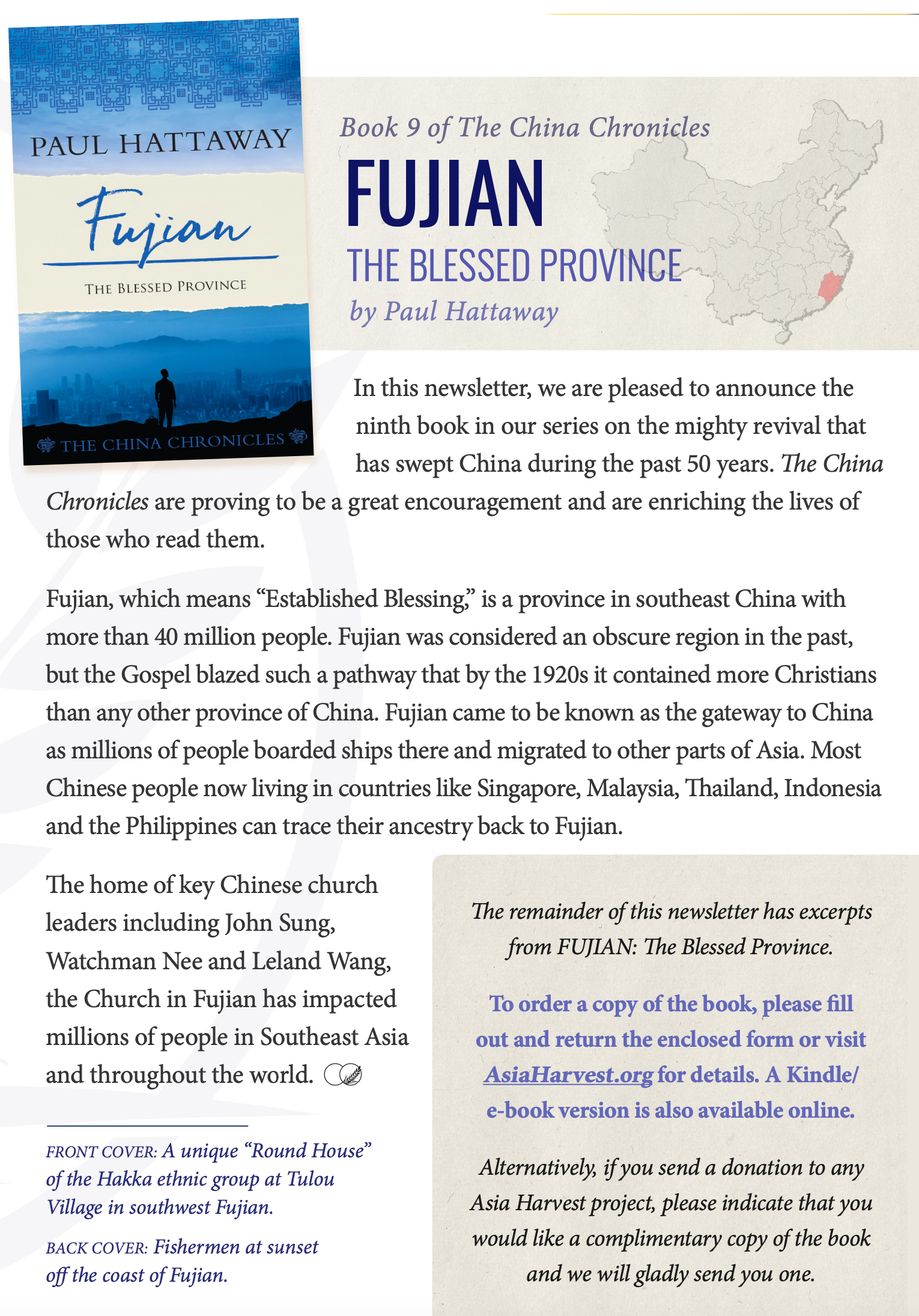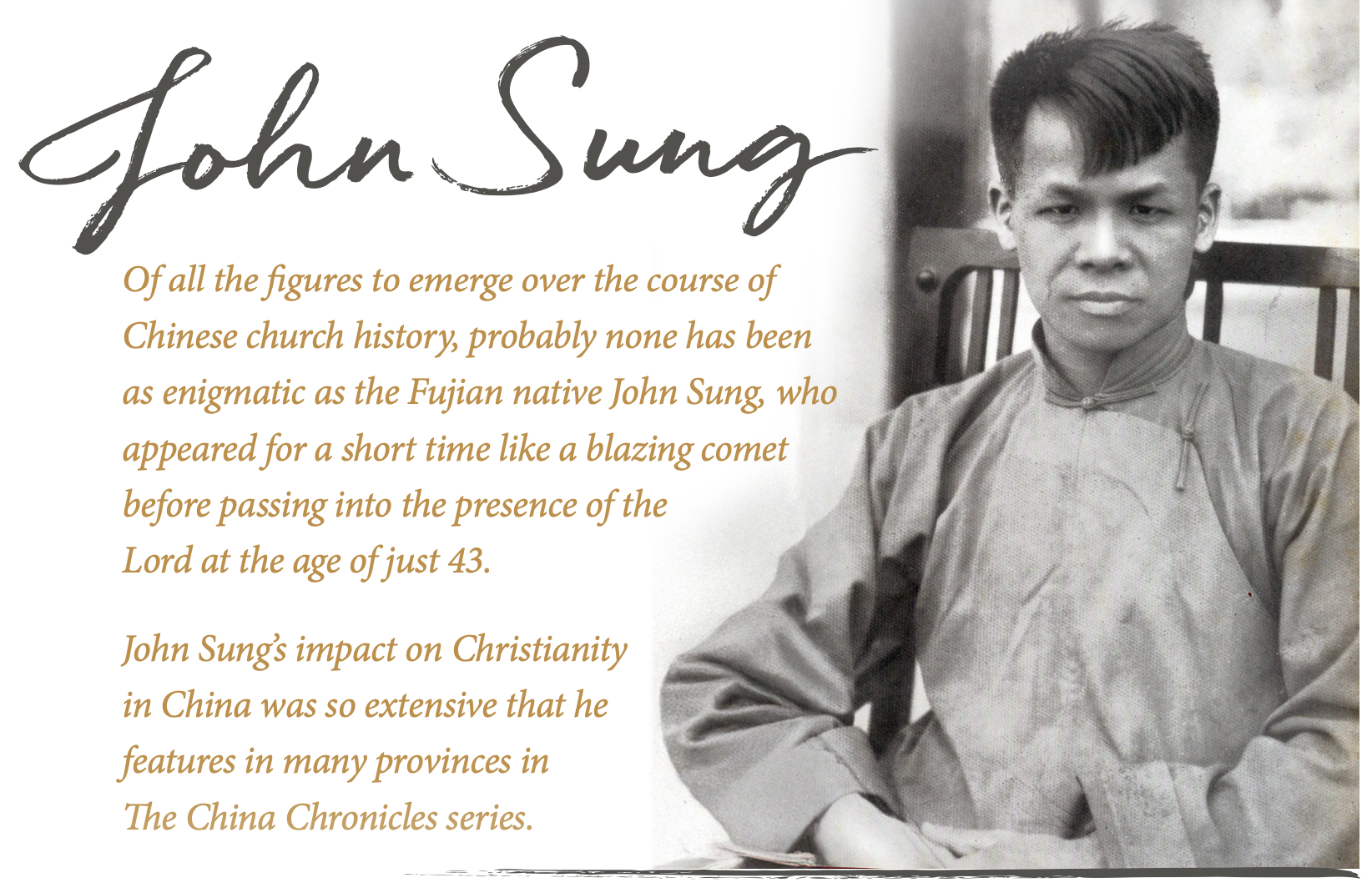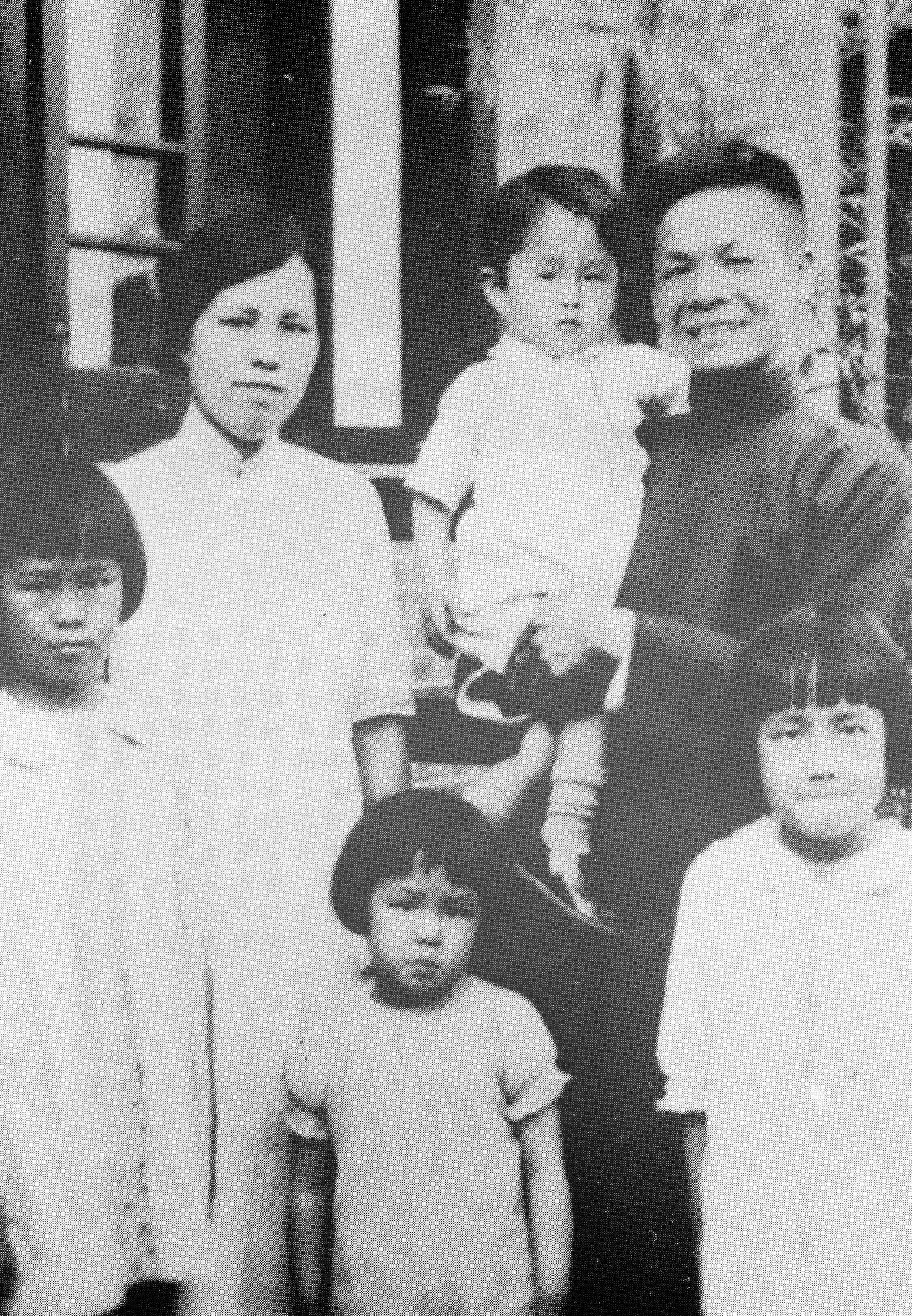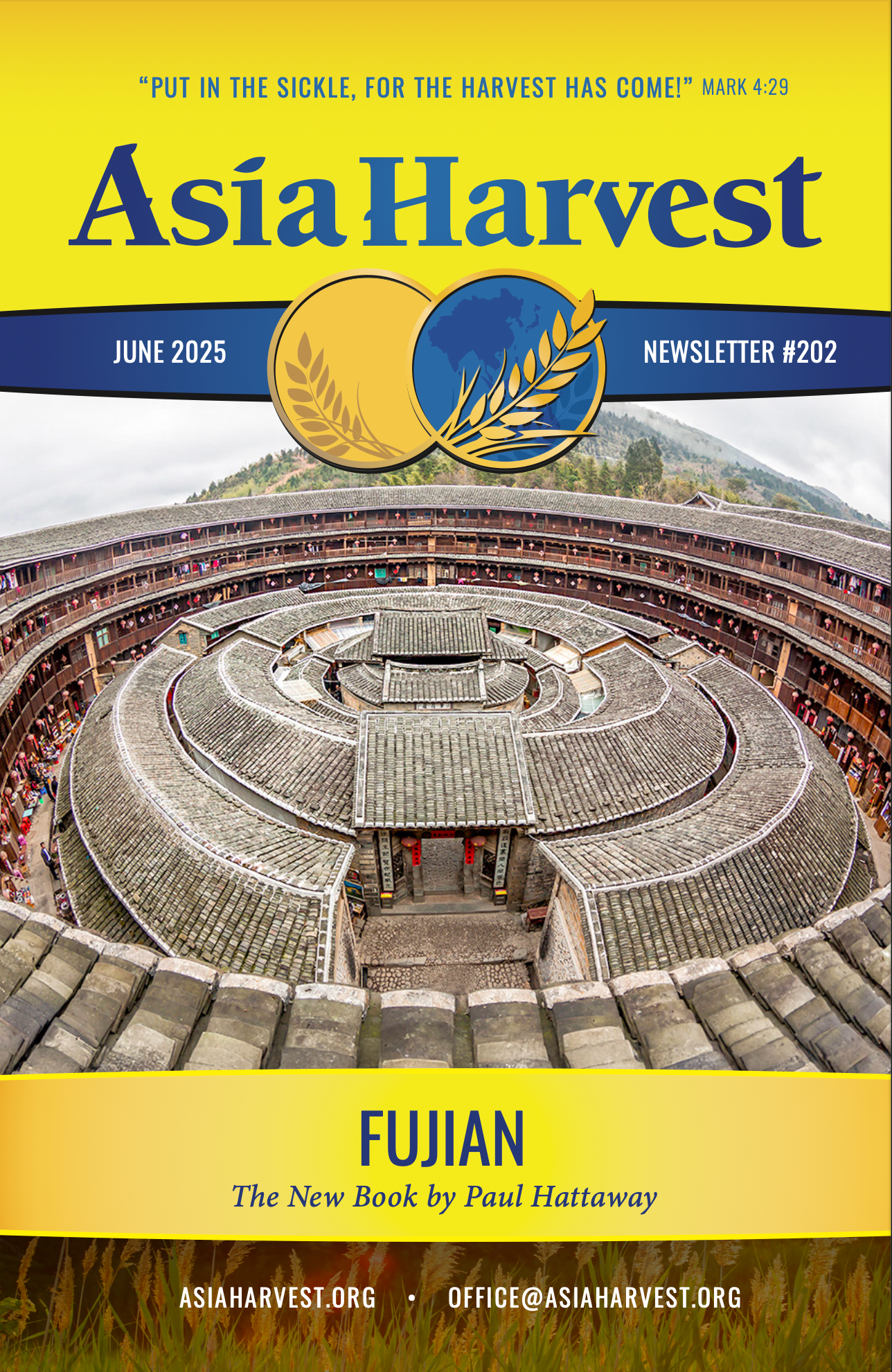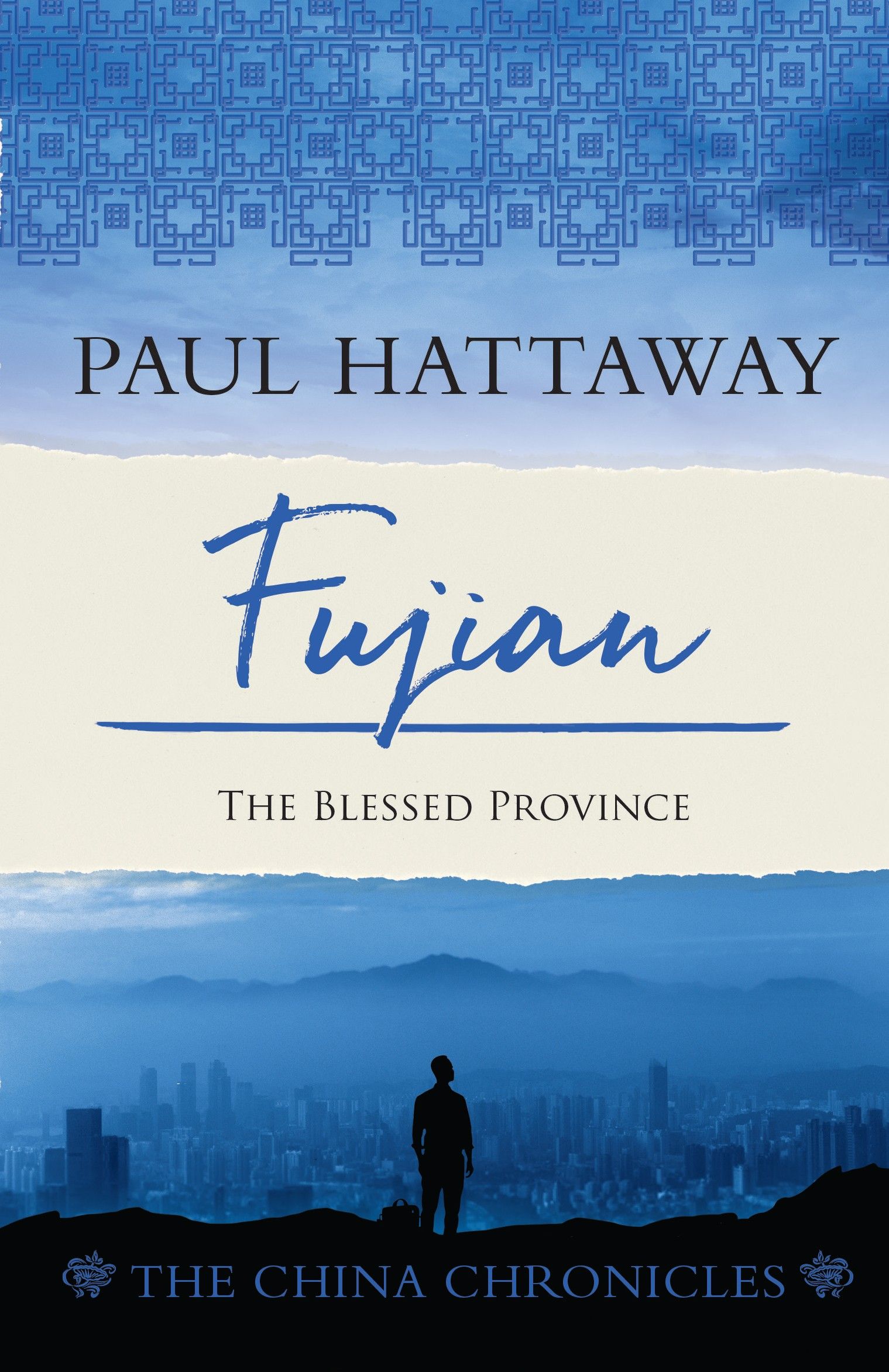China’s John the Baptist
Born in 1901, John Sung (whose name in Mandarin is Song Shangjie) was the sixth child of a “warm-hearted Methodist preacher.”
On many occasions young John accompanied his father when he visited church members, and when his father was sick or out of town, the boy sometimes preached to the believers, repeating from his sharp memory messages he had heard at church. People loved John and gave him the nickname “little preacher.”
In 1909, a powerful revival in Putian impacted the Sung family’s village, and eight-year-old John was deeply touched by the Spirit of God. As he heard the story of the life of Jesus, he broke down and wept. Conviction spread to the whole congregation, and soon all were on their faces before God, confessing their sins. Within a few months there were 3,000 conversions.
In addition to the good traits he inherited from his father, John also inherited his fierce temper, which was a source of consternation and confusion to Christians. Sometimes when he preached, Sung would suddenly have a burst of anger from the pulpit or verbally eviscerate an interpreter for making a mistake.
Parts of John Sung’s story are so extraordinary and complex that some Christian historians have struggled to know how to view him. While God clearly used him to bring tens of thousands of sinners to the cross, his forceful personality and dramatic methods caused many to take offense.
Some who met him considered him extremely rude, for he did not tolerate fools, and he had such a single focus that anything that got in the way of fulfilling Christ’s call was considered an unnecessary distraction.
Seven Years in Babylon
At the age of 18, Sung begged his father to send him to study in the United States, and he ultimately arrived with just $6 in his pocket.
After arriving in the U.S., John found work scrubbing the floor and cleaning the windows of a fabric store for 25 cents per hour, and during the school holidays he took a second job at a factory, working the night shift from 6 p.m. to 5 a.m.
Sung was an extremely bright young man, and coupled with his relentless work ethic, he completed his college degree in three years, finishing among the top students in his class, even though he had started the course with a limited grasp of English.
He then received a scholarship to attend Ohio Wesleyan University, where he enthusiastically participated in Christian activities. By his fourth year in America, however, a friend lamented:
“John seldom went to meetings and never attended church on Sundays. After he had studied three more years under ‘American heathens’, he did not believe anything that his parents had taught him.”
Sung later admitted:
“My soul wandered in a wilderness. I could neither sleep nor eat. My faith was like a leaking, storm-driven ship without a captain or compass. My heart was filled with the deepest unhappiness.”
The Breaking Point
To make ends meet, Sung undertook all his studies while working several manual jobs, including heavy work at a steel factory. This demanding job precipitated his first health crisis, which he detailed: “I hadn’t worked there a full day before I got dizziness, heart palpitations, splitting headaches, and a high fever. Still, I persevered until I developed a huge hemorrhoid.
The doctor said I must have surgery. I didn’t have any money, so I ignored the doctor’s orders to recuperate slowly. I discharged myself from the hospital early, before it had completely healed.”
This was the start of major health struggles that John Sung experienced for the rest of his life. As a result, his condition worsened and became a chronic affliction known as anal fistula, which plagued him until it ultimately caused his death at an early age.
Sung relocated to Ohio State University, where he completed a master’s degree in chemistry in just nine months, receiving the Science Society’s medal and gold key for topping his class.
Next, he studied for a doctorate between 1924 and 1926. To qualify, he had to be proficient in both French and German, so he tackled those languages and passed with flying colors.
Sung received his doctorate at a lavish ceremony on March 19, 1926. He was awarded cash prizes for his achievements in physics and chemistry and was invited to join the faculty of Harvard and other prestigious universities around the world.
While he had achieved all his academic goals, Sung was now deeply unhappy in his heart and mind. Someone suggested he should study theology, so he enrolled at the Union Theological Seminary in New York City, but was disgusted to discover it was a liberal institution, where most of the professors and students did not consider the Bible to be the inspired Word of God, and foundational beliefs such as the virgin birth and the bodily resurrection of Jesus Christ were openly mocked or considered mere allegories.
Sung became so depressed and disillusioned with his spiritual condition that he wrote a confidential letter to a friend, saying that he felt overwhelmed by his tormented conscience and that he sometimes despaired of life.
The letter was forwarded to Dr. Henry Coffin, the president of the seminary, which set off a chain of events that almost destroyed John Sung. One evening, he attended a revival meeting where he repented of his sins and was powerfully set free. Waves of forgiveness and joy flooded Sung’s soul!
He threw all of his books except the Bible into the trash and focused on reading God’s Word, which struck him with a freshness and vibrancy he had never experienced before.
Confined in a Mental Asylum
Unable to contain his excitement for Jesus, Sung returned to the seminary, where he exuberantly exhorted his fellow students to repent and surrender their lives to God. The next morning, he openly rebuked his liberal professors, warning that they would be thrown into hell if they didn’t repent.
He even told Harry Fosdick, a leading proponent of the social gospel, “You are of the devil. You made me lose my faith, and you are causing other young men to lose their faith.” Sung also took direct aim at Henry Coffin, telling his classmates they had been duped into attending a “cemetery whose president is a coffin.”
Reports of Sung’s behavior soon reached the president’s desk, and he was not amused. Coffin decided the young Chinese student had become mentally unbalanced, and a plan was hatched to “help” him. Sung’s diary recorded the events that unfolded when he returned to the seminary the next day:
“I reached the gates, which closed behind me as soon as I had entered them, and the seminary president greeted me. He told me that I was getting overly stressed lately and gently insisted that I go to a quiet place to rest and recuperate. I thought his offer over and deemed it reasonable because a week at a tranquil setting would be an excellent opportunity to devour the Word of God.
The ‘quiet place’ turned out to be Bloomingdale Hospital, an institution for the mentally ill.”
Rarely has a man forged such a diverse reputation in two parts of the world as Dr. Henry Coffin.
In America he was viewed as one of the greatest Gospel ministers of his generation, and he had been honored on the cover of Time magazine just a few months earlier. In the eyes of many American Christians, Coffin was a great man of God and one of the co-writers of the famous hymn “O Come, O Come Emmanuel.”
To multitudes of Chinese Christians around the world who are familiar with John Sung’s testimony, however, Coffin is remembered as a villain who promoted the “God is dead” theology of his era, and as the man who nearly destroyed the life of God’s chosen vessel who brought revival to the Chinese world.
After being admitted to the mental asylum, Sung tried to convince the psychiatrists he was not insane, but they would not listen. He told them, “I am not crazy! I have just been reborn.
My soul, which was in misery, is now filled with the joy of the Lord and I cannot stop praising Him!”
The hospital took full control of his life, with all correspondence censored by the doctor in charge, who wrote back to John’s relatives and friends, telling them he was too ill to reply and that they should not write again.
After being told that he was being evaluated for six weeks, the period concluded but his request to be discharged was refused. The seriousness of his situation dawned on Sung, and he realized he had been tricked by Henry Coffin and was now imprisoned against his will in a mental asylum.
Finally, God gave favor, and with the help of a friendly nurse, Sung managed to write a letter to the Chinese Consulate, explaining he had been locked up against his will.
After visiting the asylum, the consul general said that John Sung “was no more crazy than you or I, but he had such a good case of real, old-fashioned religion, and it was so unusual there that they thought he was crazy.” He was released on August 30, 1927, on the condition that he would leave the United States and return to China.
A Watery Grave
As he made his way across the vast Pacific Ocean, John Sung had a vivid dream in which he saw himself lying in a coffin with his academic degrees and gown. In the dream the old John Sung was dead, but the new man was alive in Christ and called to preach the Gospel.
Although the world now considered Sung a success with a highly valued doctorate, God began to deal with his pride during the long voyage. He knelt in his cabin and rededicated himself to God’s service, determining in his heart to place no limits on his zeal and consecration to reach his fellow Chinese.
Sung renounced all of his worldly achievements, went up to the deck as the ship neared the Fujian coast, and hurled most of his diplomas, medals, and golden doctoral keys overboard into a watery grave. The only diploma he retained was his Ph.D., which he gave to his parents as a mark of respect for the effort and expense they had borne to help his career.
John gave all his money to his father and his books and clothes to his brother. From that time forward, he donned a simple cotton gown like many Chinese peasants of the time, and he lived as a poor itinerant evangelist.
John was asked to teach chemistry at a local Methodist high school. He worked there for a year, but science was now far down the list of priorities in his life, and he took every opportunity to indulge his real passion—the salvation of souls.
Discipleship
For the next three years, John Sung traveled around Fujian preaching in small rural churches, and his ministry began to resemble that of John the Baptist. He was uncompromising in his denunciation of sin, and did not hesitate to publicly rebuke church leaders and missionaries whose lives failed to glorify Christ.
He taught regularly on heaven and hell and the need for people to fully surrender to God and be filled with the Holy Spirit. Multitudes responded with weeping and open confession of sin. He also established an extensive discipleship program to help new converts gain a strong foundation in God’s Word.
Once, when asked to summarize the main themes of his teaching, Sung replied:
“Repentance, heaven and hell, and the cross and blood of Christ....hating of sin and complete consecration; being filled with the Holy Spirit; and the life of faith as well as love.”



